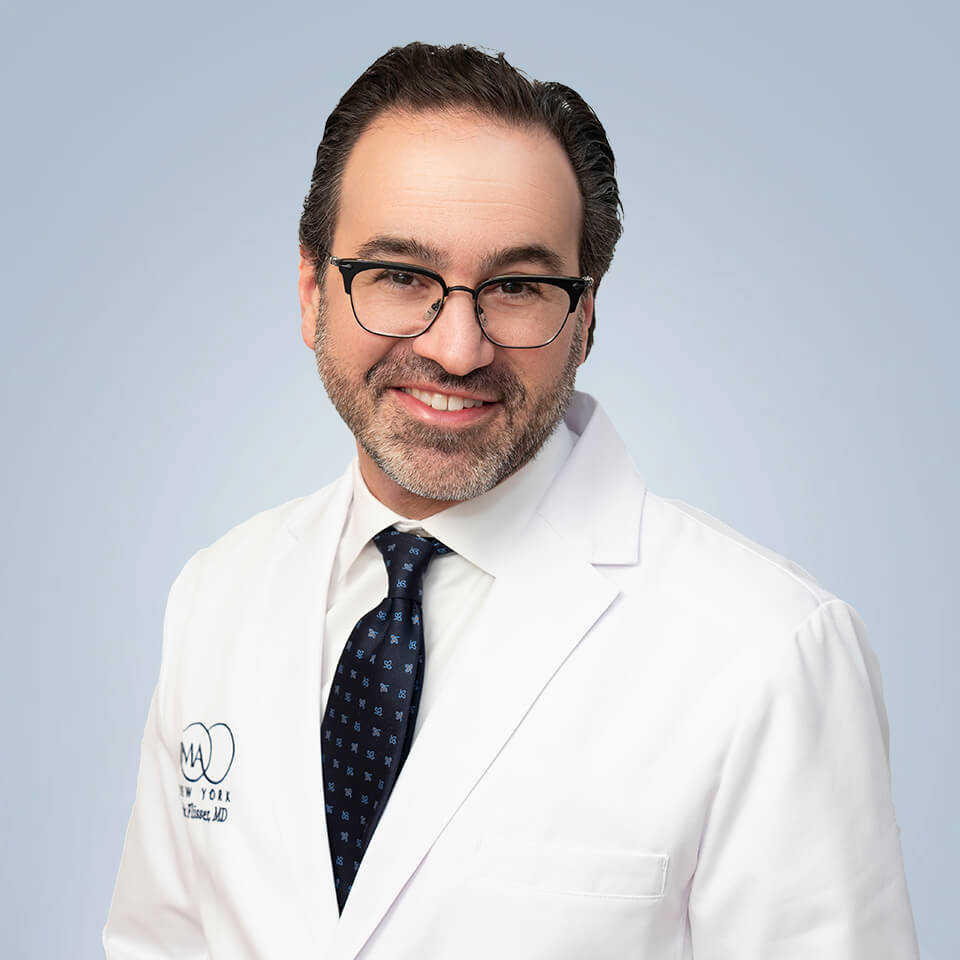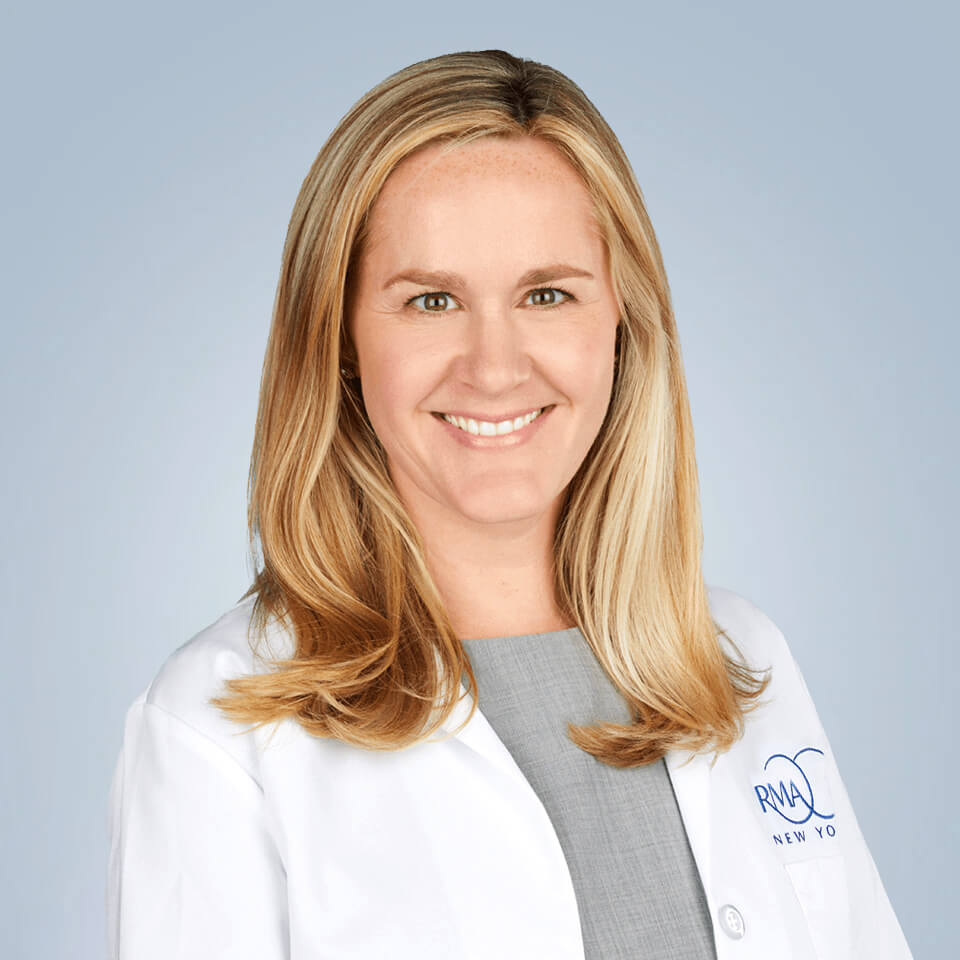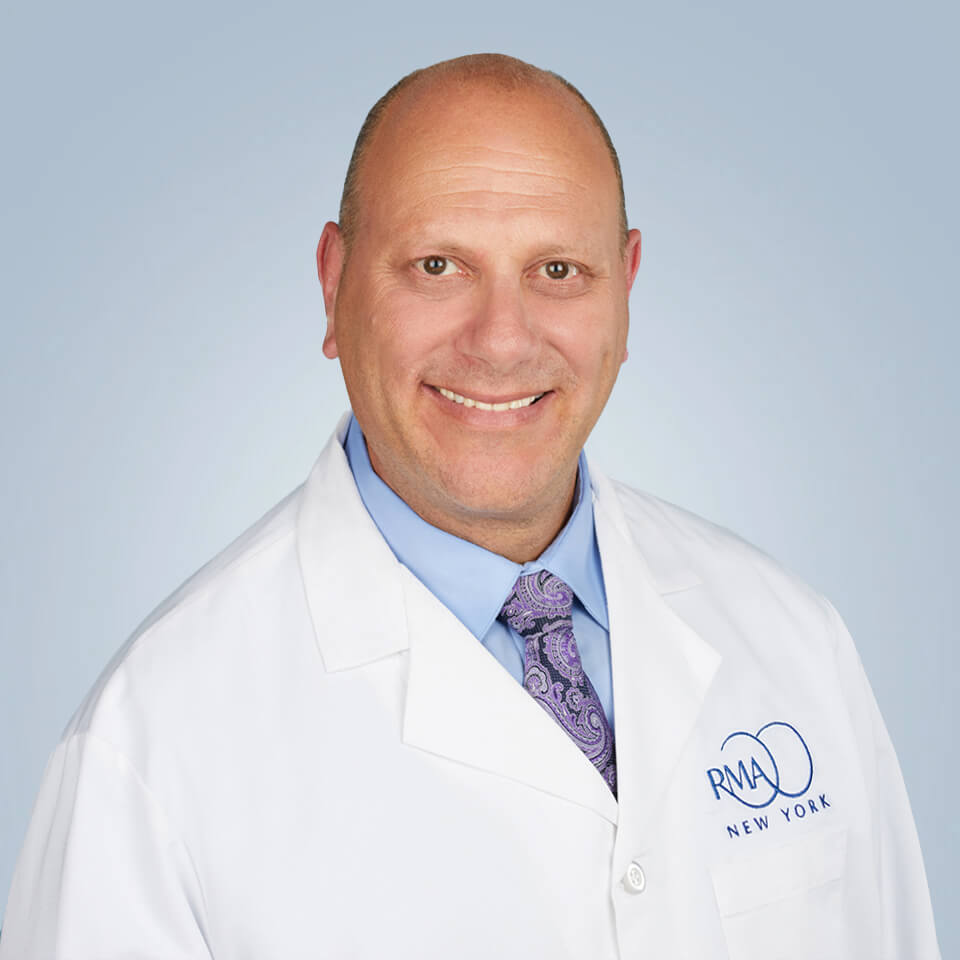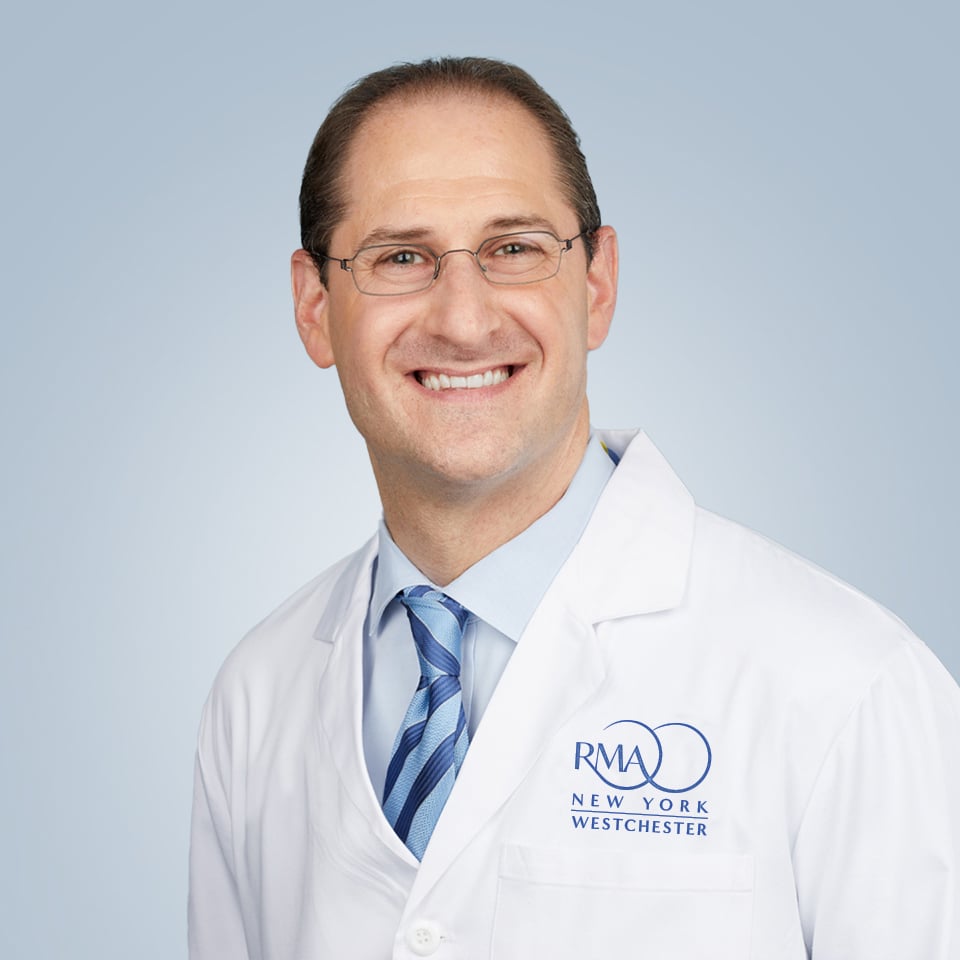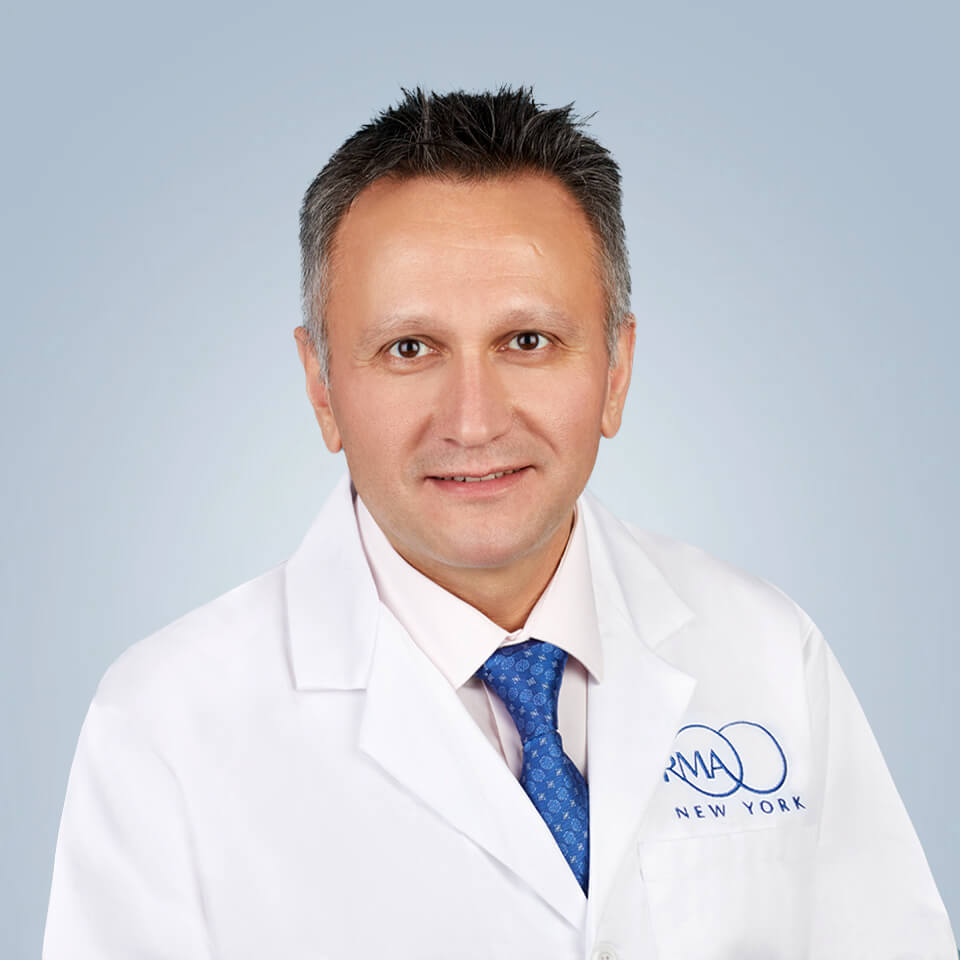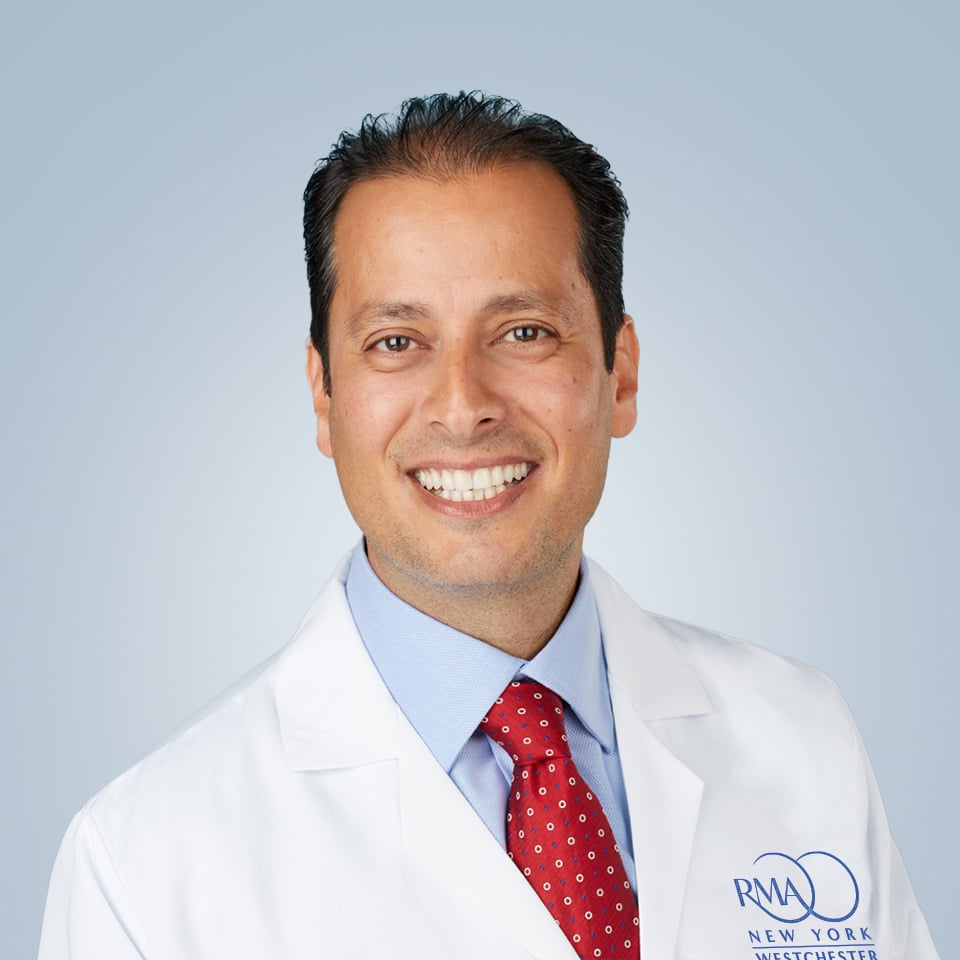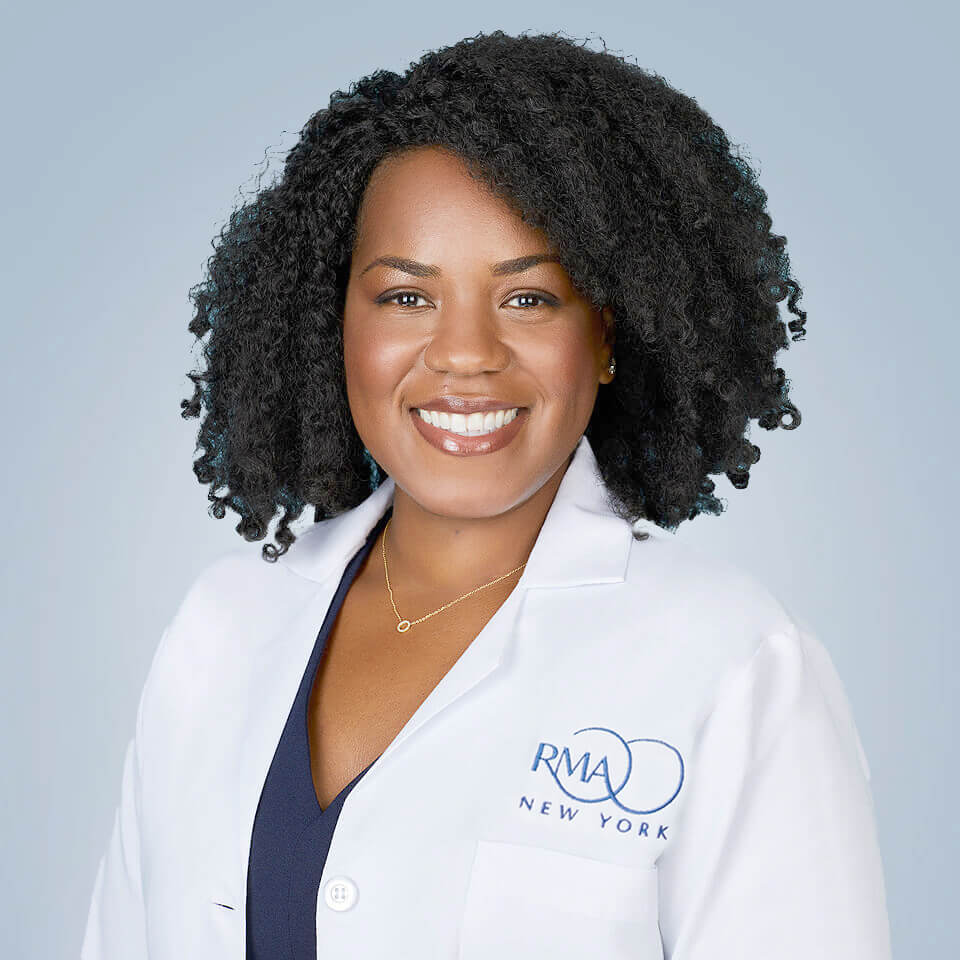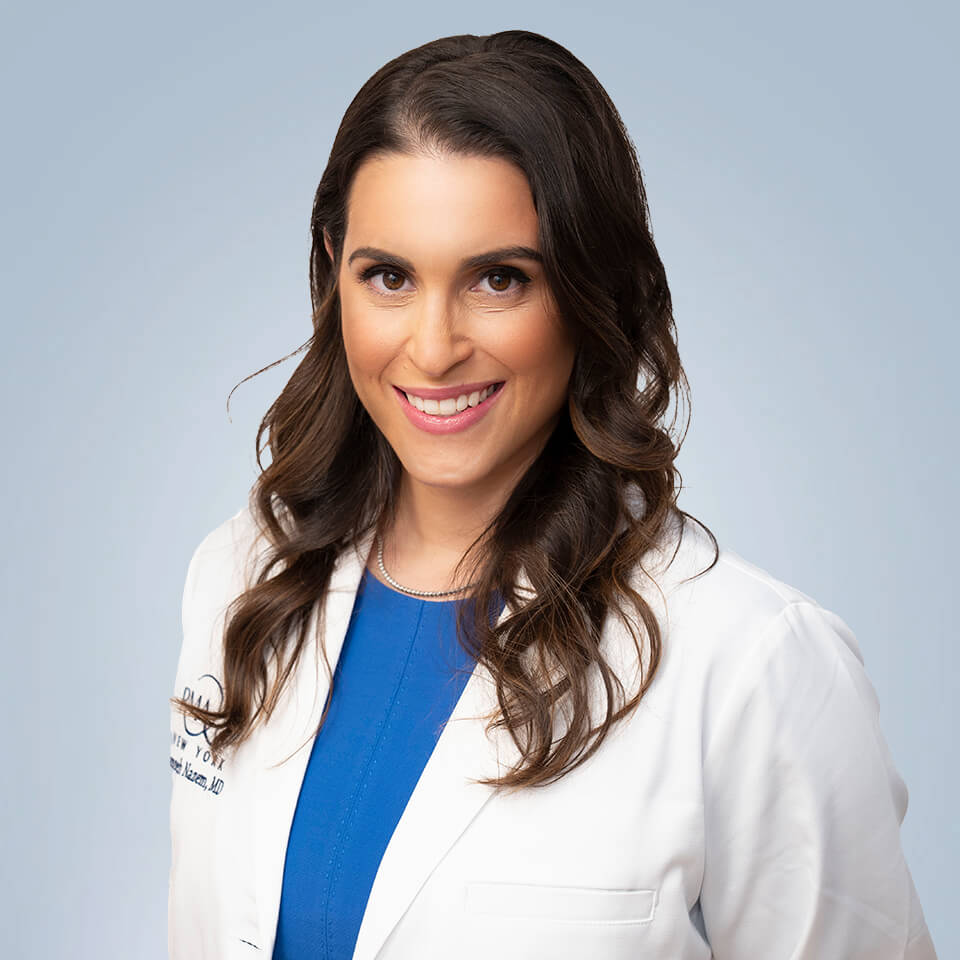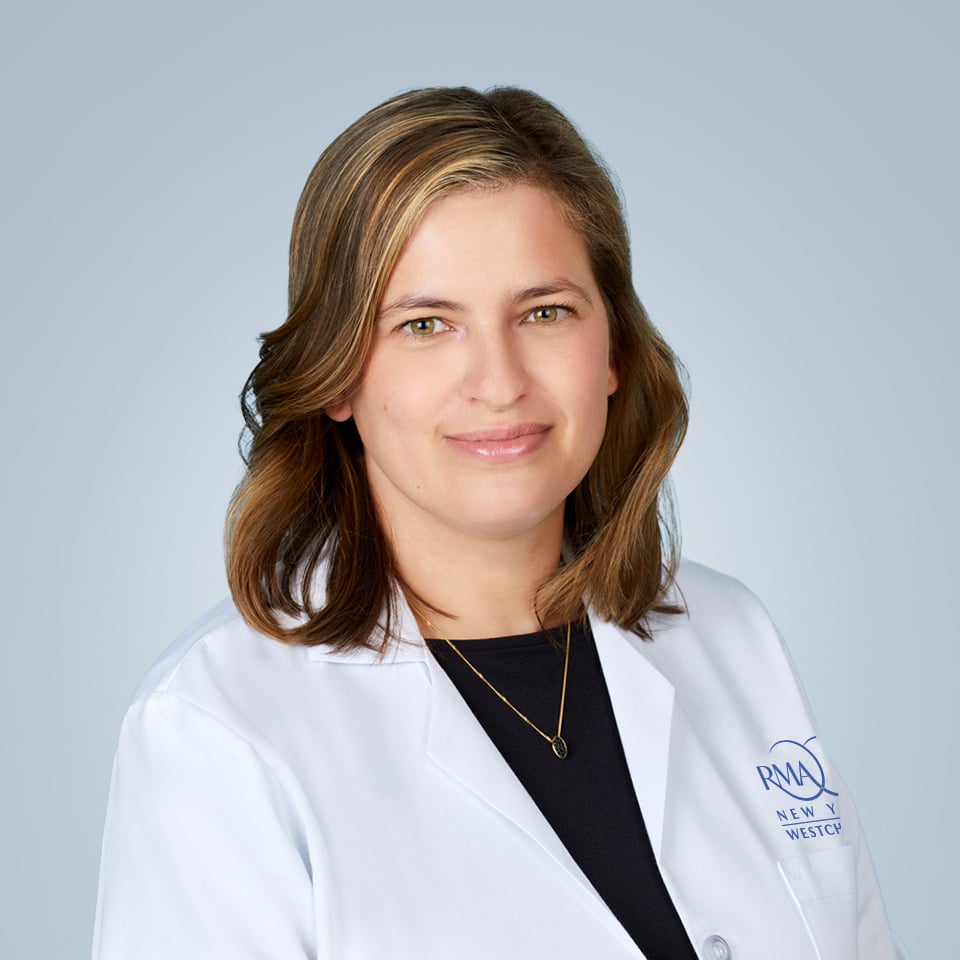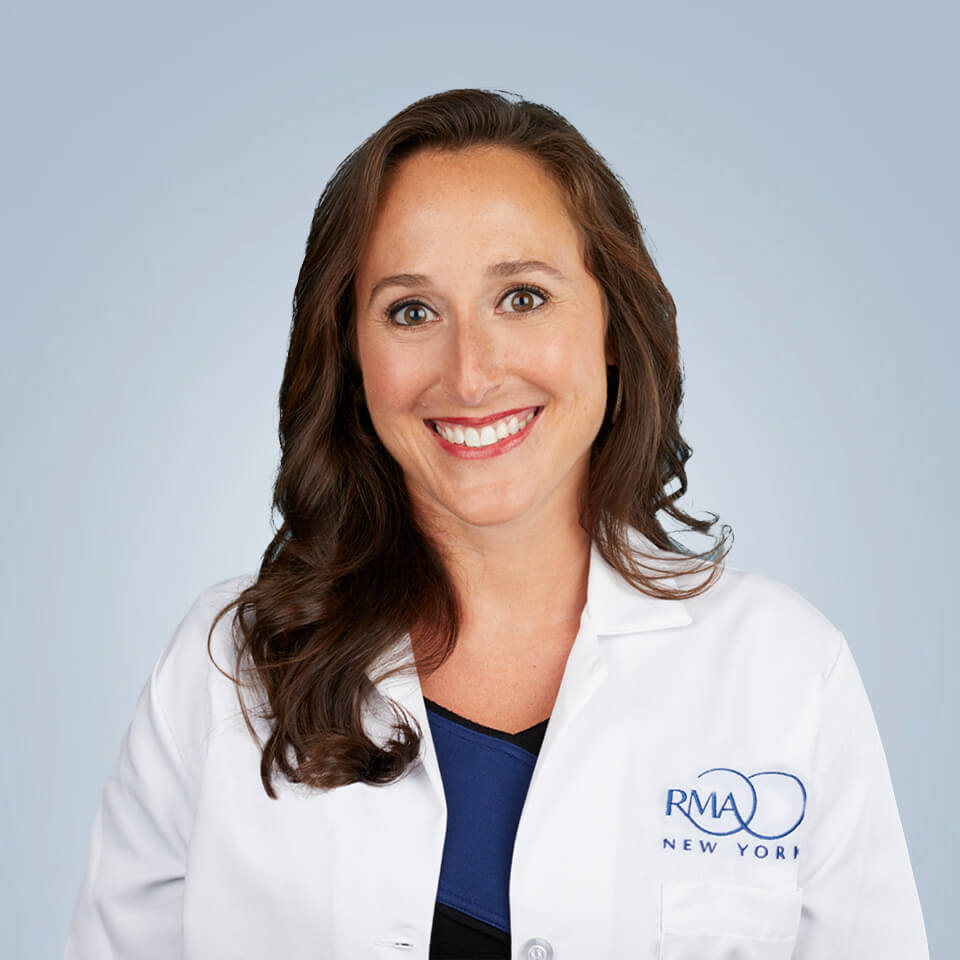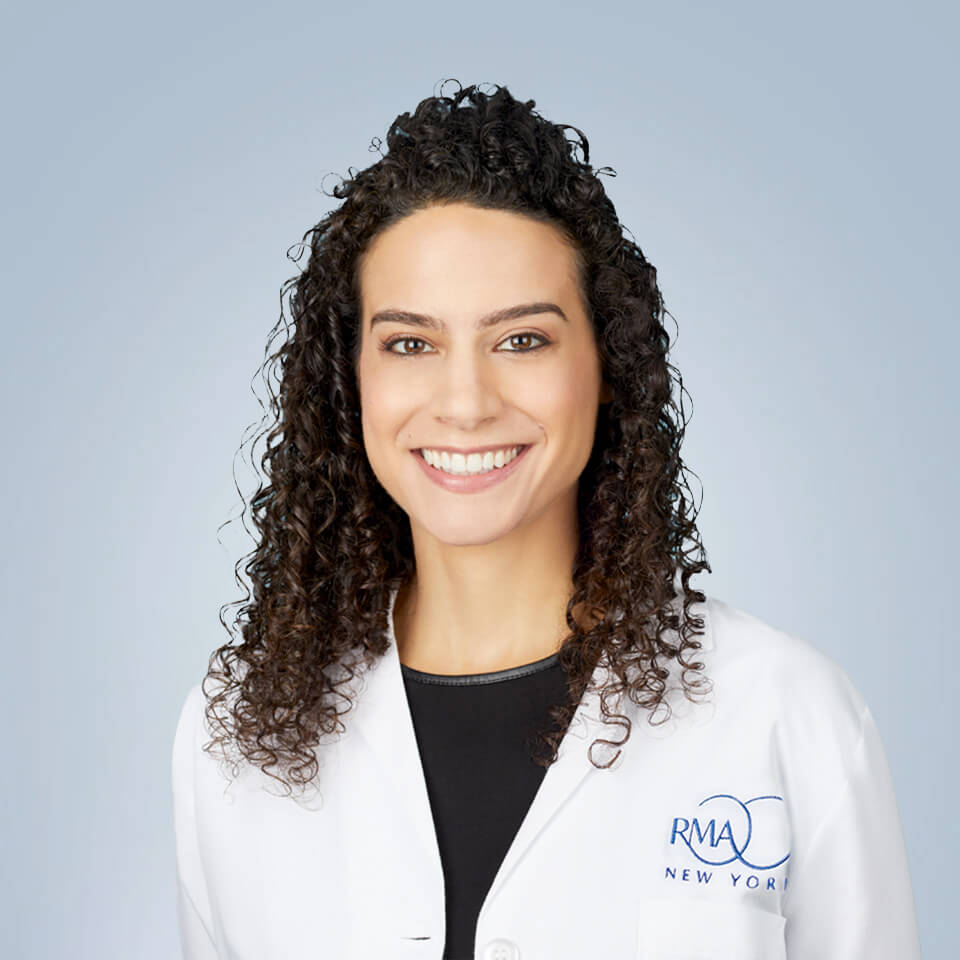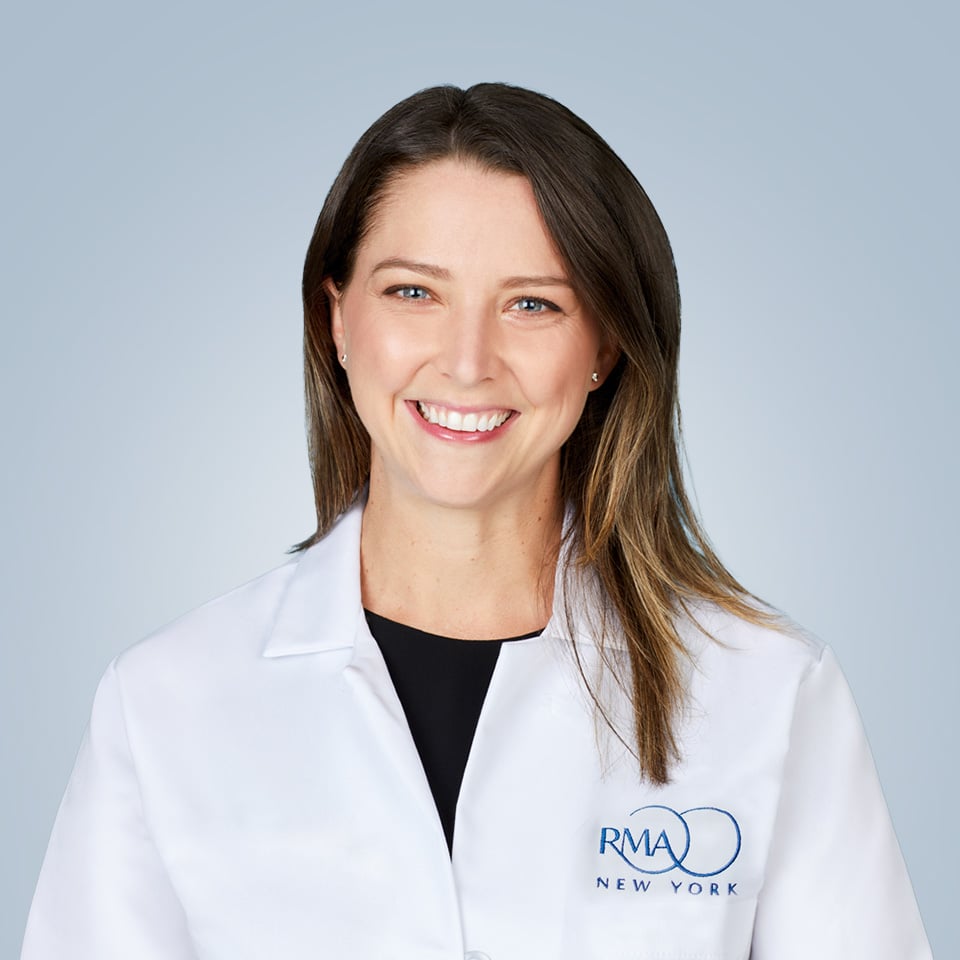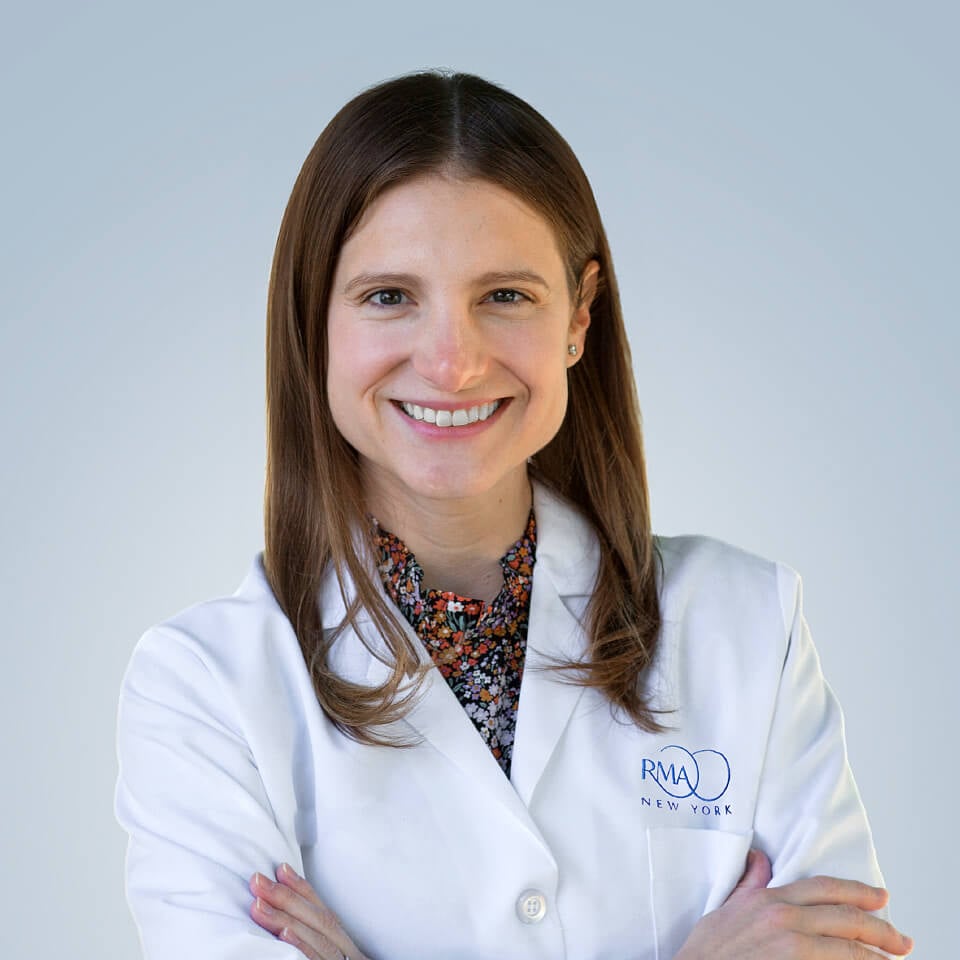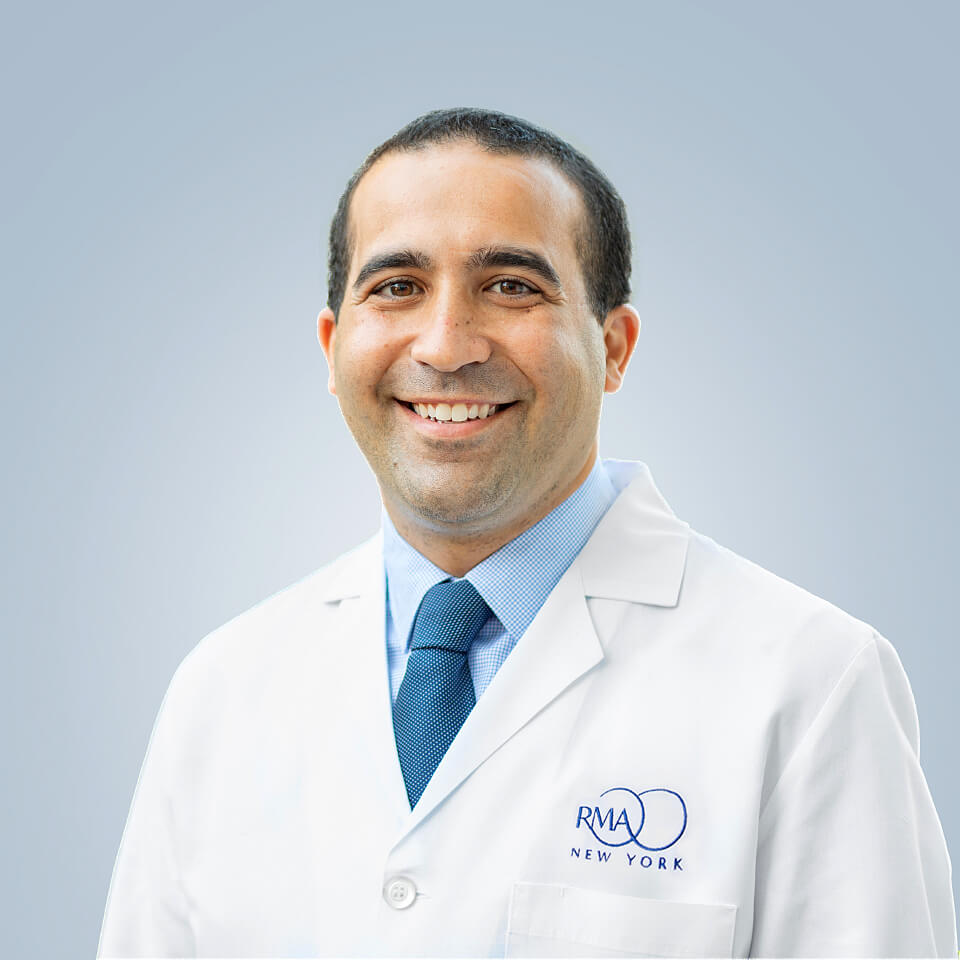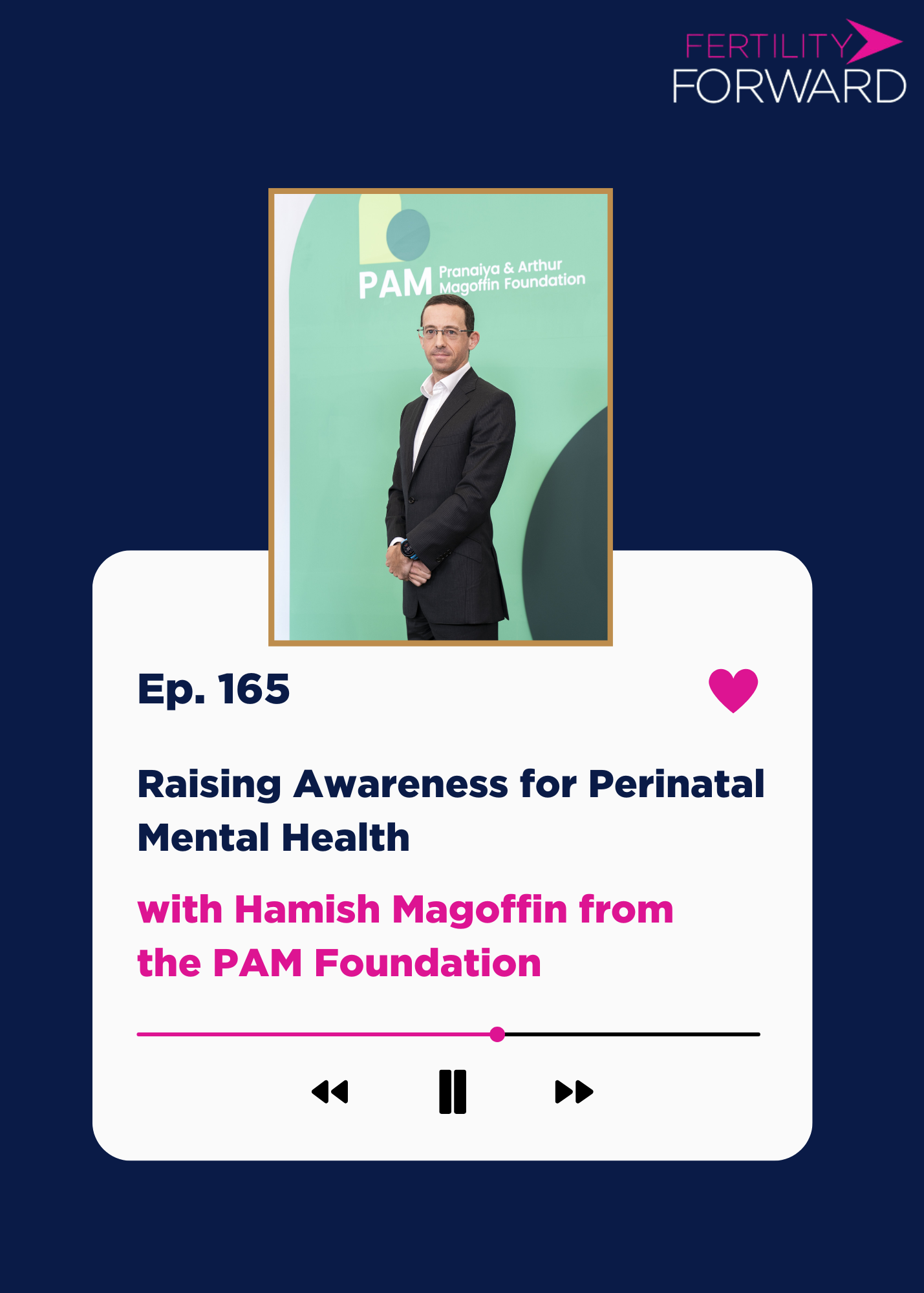Your First Visit
Your first visit with us sets the course for your fertility journey. During the first appointment, you will meet with your fertility doctor, review your medical history, and discuss your family-building goals. From there, we’ll do the necessary fertility testing and talk through a treatment plan together.
Fertility Testing for Women
History and Physical Examination

At your initial fertility consultation, we will review your medical history and conduct a basic physical exam.
Hormone Blood Tests – AMH & “Day 3s”
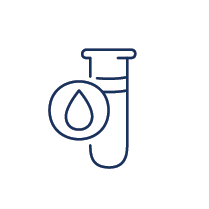
To help your physician understand the quantity and quality of eggs remaining in your ovaries (i.e., “your ovarian reserve”), your care team will perform blood tests to evaluate various hormones: anti-Müllerian hormone (AMH), follicle-stimulating hormone (FSH), luteinizing hormone (LH), and estradiol (E2). FSH, LH, and E2 may collectively be referred to as “Day 3” blood tests for a fertility workup, as they are drawn on the third day of a woman’s menstrual cycle. These hormones are also monitored during your treatment cycle to help guide the course of treatment.
Transvaginal Ultrasound

To evaluate your uterus and ovaries, we will perform an internal ultrasound. This test helps determine your ovarian follicle count (a marker of your ovarian reserve of eggs), as well as diagnose ovarian cysts, fibroids, polyps, or malformations. Transvaginal ultrasounds are also used to monitor your treatment cycle when taking medications that stimulate the follicles in your ovaries. During transvanginal ultrasound, a wand is inserted into the vagina and moved around gently, which may cause a feeling of pressure or very mild discomfort.
Hysterosalpingogram – HSG
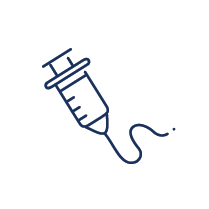
A hysterosalpingogram (HSG) is an x-ray of the uterus following injection of dye through the cervix. This test is used to reveal any blockages in the fallopian tubes or any uterine abnormalities. During the procedure, it is common to experience menstrual-like cramps or minor short-term discomfort. Women with blocked fallopian tubes, however, may report more intense pain. An HSG is typically performed by a radiologist at an outside facility.
Saline Sonogram – SIS / SHG

A saline sonogram, also known as a saline infusion sonogram (SIS) or sonohysterogram (SHG), is a procedure conducted to evaluate the uterus and the shape of the uterine cavity. A sterile saline fluid is placed inside the uterus via a thin catheter through the cervix, while a transvaginal ultrasound is conducted, allowing your physician to visualize the uterus and endometrial cavity (uterine lining). The ovaries are also seen at the time of the SIS. A saline sonogram is used to identify any abnormalities, including uterine fibroids, polyps, cysts, or scar tissue inside the uterus.
Preconception Counseling

A preconception counseling session can be conducted even before you begin trying to conceive. Preconception counseling starts with the health and wellness of the mother. Smoking cessation, initiation of prenatal vitamins, and identifying an optimal dietary and exercise regimen are great first steps. Genetic testing can identify if the mom or couple are at risk of passing on a heritable condition to the baby. A basic preventative session will ultimately create a healthier mom and the opportunity to have a healthier pregnancy and a better reproductive outcome.
Fertility Testing FAQs
At RMA of New York, your physician may recommend some or all of the following during a fertility assessment:
- A health history review and basic physical exam
- Blood tests to evaluate various hormones to help your physician understand the quantity and quality of eggs remaining in your ovaries. These include the anti-Mullerian hormone (AMH), follicle-stimulating hormone (FSH), luteinizing hormone (LH), and estradiol (E2) tests.
- A transvaginal ultrasound to evaluate your uterus and ovaries, determine your ovarian follicle count, and diagnose ovarian cysts, fibroids, or malformations.
- A hysterosalpingogram (HSG), or an x-ray of the uterus following injection of dye through the cervix. This test is used to reveal blockages in the fallopian tubes or any uterine abnormalities.
- A saline sonogram, a procedure conducted to evaluate the uterus and the shape of the uterine cavity. This test is used to identify any abnormalities, including uterine fibroids, polyps, cysts, or scar tissue inside the uterus
A female fertility assessment often includes a combination of blood tests, transvaginal ultrasound, and other diagnostic procedures, such as hysterosalpingogram (HSG). Your physician will look for any hormone imbalances or abnormalities of the reproductive system that may explain infertility.
RMA of New York conducts female fertility testing at all of our 15 office locations, conveniently located offices throughout the New York area.
Fertility testing results are helpful to know at any stage. Women typically get their fertility tested when they have been unsuccessful trying to conceive naturally, when doing family planning, contemplating egg freezing, or when faced with other health or medical conditions. Age has the largest impact on female fertility. For women in their late 30s to 40s, your doctor might suggest fertility testing or treatment right away.
Yes, RMA of New York recommends that both partners get fertility testing at the same time. Infertility can be caused by factors from either the female or male partner, and sometimes a combination of both. Evaluating both partners simultaneously provides the most comprehensive picture of potential fertility issues.
AMH stands for anti-Mullerian hormone test. It’s a blood test to evaluate ovarian function and reserve, and can help diagnose conditions like polycystic ovary syndrome (PCOS). It is often used in combination with other blood tests.
Ovarian reserve testing estimates the number of eggs remaining in a woman’s ovaries through a combination of blood and ultrasound tests. It is normal for ovarian reserve to diminish as women age, which can impact the ability to conceive. Ovarian reserve testing should be done in combination with other fertility testing for a full picture of potential fertility issues.
Hormone imbalances can disrupt ovulation and the preparation of the uterine lining for implantation. This can make it difficult for sperm to find a healthy egg to fertilize, and for a fertilized egg to implant. Even a slight hormonal imbalance can cause infertility, so it is important to discuss concerns with your physician and have the appropriate fertility testing done.
Thyroid function plays a key role in fertility. An underactive thyroid - or hypothyroidism - can prevent the release of an egg from the ovary. It can also cause longer or heavier periods, or even stop periods altogether. Hashimoto’s disease can cause your body to produce insufficient thyroid hormone, which can cause infertility, pregnancy issues, and miscarriage. An overactive thyroid - or hyperthyroidism - can lead to complications during pregnancy, miscarriage, and preterm delivery. Treating thyroid disorders with medication can improve fertility.
“Day 3” fertility tests are a combination of bloodwork and an ultrasound done on the third day of the menstrual cycle that evaluate reproductive health. Bloodwork includes the anti-Mullerian hormone (AMH), follicle-stimulating hormone (FSH), luteinizing hormone (LH) and estradiol (E2) tests. A transvaginal ultrasound assesses the ovaries and uterus, and helps determine ovarian activity.
At-home fertility tests can be accurate, but there are many variables including the type of test, the user’s health history, and how the test is used. We recommend you consult an RMA of New York physician to determine if an at-home fertility test is appropriate for you.
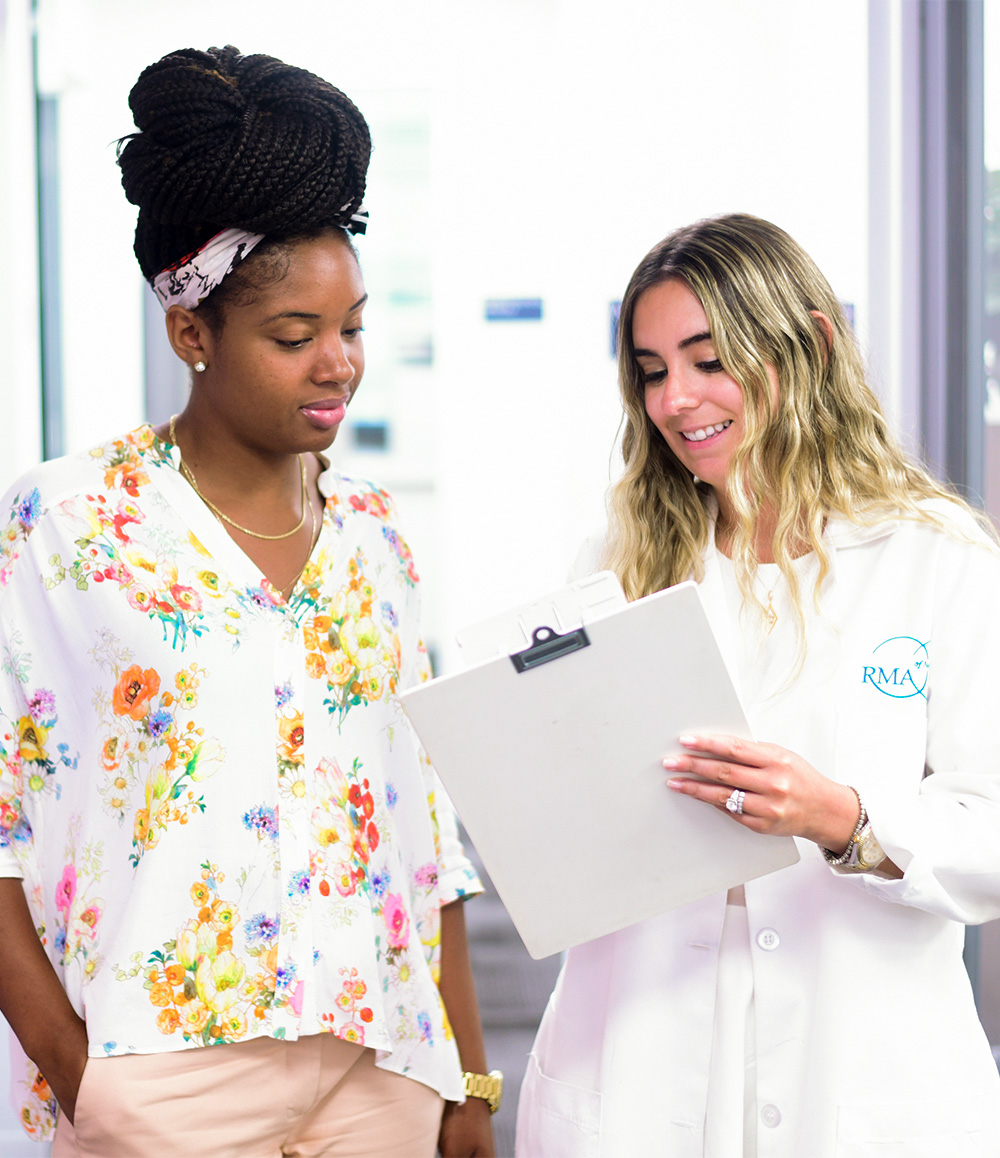
Why RMA of New York: Fertility Testing
RMA of New York serves as the Division of Reproductive Endocrinology and Infertility at Mount Sinai Medical System. Our laboratory team is dedicated to scientific discovery, graduate medical education through RMA of NY’s REI Fellowship Program, and individualized care that focuses on you.
Our team of embryologists are consistently recognized as innovators in reproductive science and medicine, and security and safety standards. RMA of New York has been at the forefront of embryo freezing technology and cutting-edge research, helping countless individuals and partners achieve the dream of building a family.
Featured Resources
![Ep 165: Raising Awareness for Perinatal Mental Health with Hamish Magoffin from the PAM Foundation]() Podcast
PodcastEp 165: Raising Awareness for Perinatal Mental Health with Hamish Magoffin from the PAM Foundation
Today’s guest is leading the charge in raising awareness for perinatal mental health (PMH). On the …
Read More![CBS: Freezing the Biological Clock]() News & Press
News & PressCBS: Freezing the Biological Clock
60 Minutes dives into egg freezing, from the biological case for it to how it works and how much it …
Read More![Patient Story: The Things Nobody Tells You]() Blog
BlogPatient Story: The Things Nobody Tells You
In 2019, my now-husband and I had been engaged for three months and had been living in Colorado for …
Read More
Get Started
It’s never too early to learn about your fertility and reproductive options.
Have questions?
We can help.
Patient-centric reproductive medicine is our specialty, and we look forward to answering any questions you may have.



